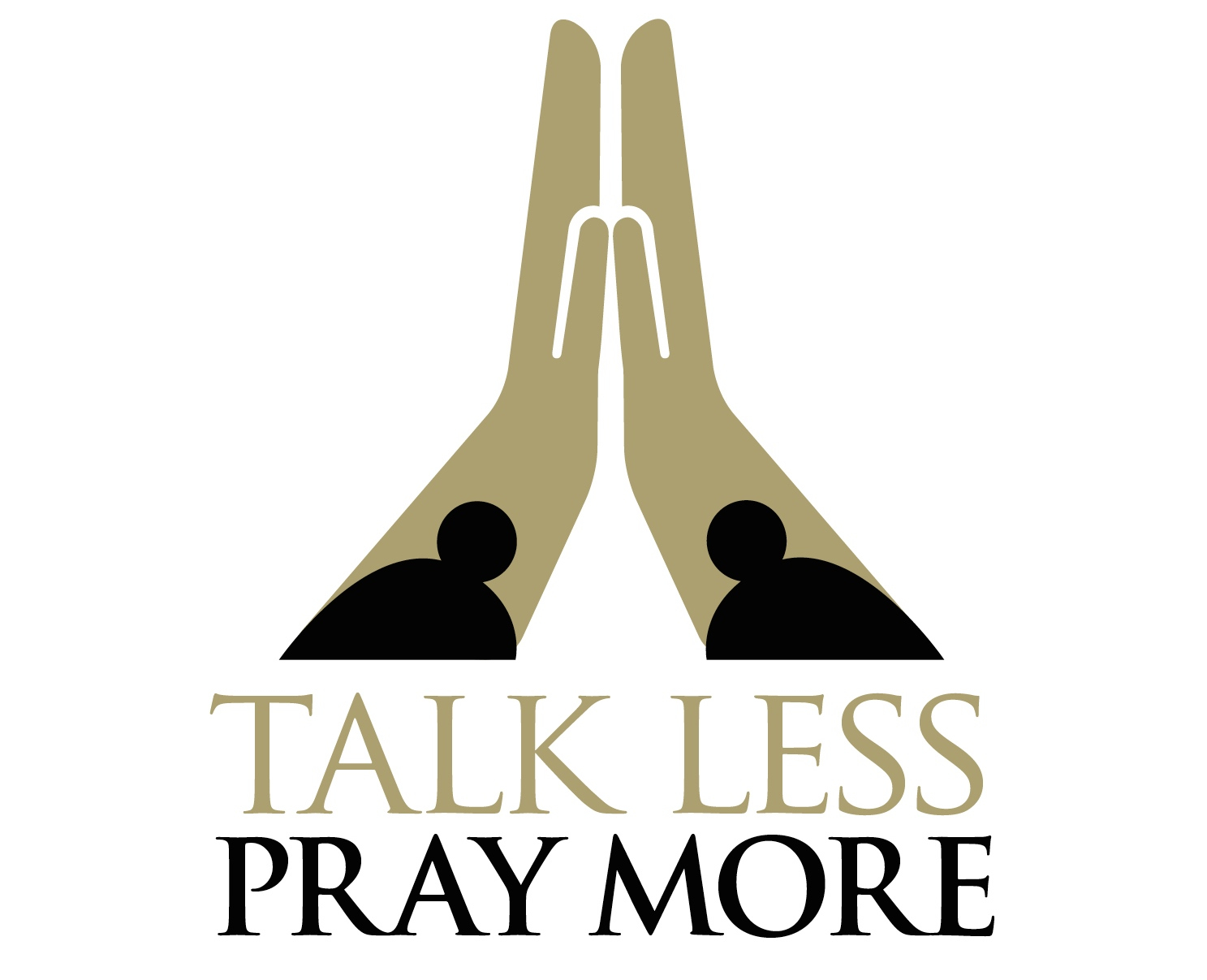“O God, heal her, I pray!”
Numbers 12:13
The four walls of this passage contain sixteen verses that hold the key to understanding the heart of God, When you intercede for those who have hurt you, you reveal His heart.
Meekness, not weakness, fuels your passion to pray for your enemies. Meekness leads you to get with God. Weakness tempts you to get even.
Meekness is the strength of soul to speak with God, before you speak out against those who have hurt you. The closer people are to you, the easier it is for them to attack you. Get close to God and He will make sense out of the pain.
In the case of Moses, his worst enemies were his brother and sister. Their behavior revealed sibling rivalry on steroids.
Miriam and Aaron were self-appointed leaders of murmuring people. Prayerless and prideful people think they know better than the leader God has anointed. They will use any excuse to slice the leader into pieces, to cut him down to size. They chose to attack the wife of Moses.
“Then Miriam and Aaron spoke against Moses because of the Cushite woman whom he had married.” v. 1
Miriam and Aaron suffered from the “close but no cigar” leadership syndrome. They took pride in being close to Moses, but they weren't humble enough to get close to God. They shared the same family lineage as Moses, but they did not maintain the same level of intimacy Moses had with The Father.
Miriam and Aaron could lay claim to having great skills in oratory and prophetic insight. They lacked one thing. They could not discern the difference between being anointed to lead, and being appointed to lead.
Self-appointed, but not God-anointed, Miriam and Aaron felt called to lead the people of Israel. Moses had been anointed to lead. They had only been appointed. They were close and yet so far. They were “close but no cigar.”
Pastors and team leaders are often undermined by people closest to them. The spirit of Miriam and Aaron lives on today, in the form of friendly fire. It comes from those who are too full of themselves to be full of the wisdom of God.
Flying on a plane doesn't make a person a pilot. Sitting close to the cockpit, collecting frequent flyer miles, will never develop the skills needed to fly a plane.
When a passenger believes their view out of a side window gives them more clarity, and sense of direction than the view from the pilot’s seat, they are wrong. People with a clear view from the pew, can be wrong and dangerous. Never turn the controls over to people who cannot find their way to God.
Murmuring always begins with a question. It points to the LORD, but condemns the leader. The rebel tries to airbrush himself with moral purity, by seizing the seat closest to God. They always want to appear to be protecting God's reputation. They do so by building their own, at the expense of another's.
“Has the LORD indeed spoken only through Moses? Has He not spoken through us as well?” v. 2
These few words should strike fear in the heart of the unrepentant rebel and infuse hope in the heart to the meek who find themselves under their fire.
“And the LORD heard it.” v. 2b
When God hears murmuring, He hates it. When He hears it coming from the mouth of self-appointed leaders, He deals with it.
One of the fundamental truths of Scripture is the certainty of a fall coming to fools who trust in personal pride. The wise humble themselves before God.
“(Now Moses was very humble, more than any man who was on the face of the earth.) Suddenly the LORD said to Moses and Aaron and to Miriam, ‘You three come out of the tent of meeting.’“
v. 4
Miriam and Aaron confused stewardship with ownership. They thought the role of an appointed servant to Moses elevated them to an anointed leadership role equal to his. They were wrong.
Having a personal perspective is not a divine directive. A good idea is not always God’s idea. It is one thing to be in authority, and another thing to be under authority. Learning the difference between stewardship and ownership is found on the path to humility.
What God saw in Moses, Miriam and Aaron could not see. They were too close to Moses and not close enough to God to discern Moses was faithful, and prayerful.
The significance of intimacy with God was lost on these two people. They were more concerned with getting the credit for what God did than spending time with the God who did it.
“He is faithful in all My household. With him I speak mouth to mouth, even openly, and not in dark sayings.” v. 8a
The lesson is clear. There ought to be a holy fear of God that restrains criticism and constant murmuring against leaders called by God. God still asks, “Why then were you not afraid to speak against My servant.” v. 8b
NOTE TO SELF: Moses prayed the most for those who hurt him the most. He interceded for God’s best for them, and left it up to God to determine what He would do to them. Before you take vengeance into your own hands, take a knee. When murmurers stab you in the back, remember God has your back.
TALK LESS! PRAY MORE!
